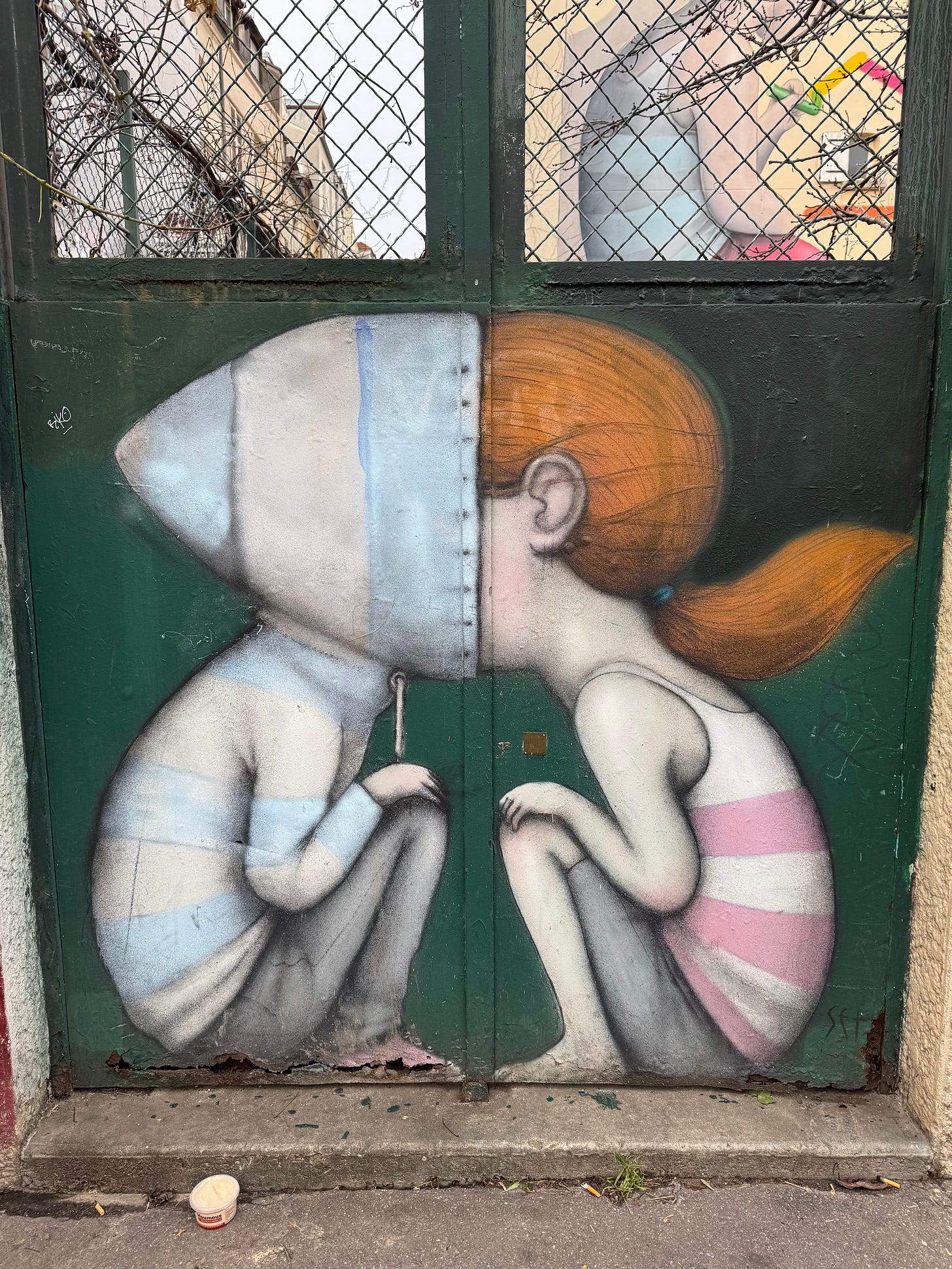I have an ex-boyfriend who read Proust as an act of self-aggrandisement. All several thousand pages of Lost Time. He went in search thereof.
A busy man, he liked to imagine himself a secret lord of leisure, with nothing but hours to spend reading Proust in the bath.
He took from this, I think, the satisfaction that reading Proust in his scant leisure hours signified that he was in fact a man of culture and learning, despite his mind-numbing day job.
It was a currency: big book energy, on dates and in chit-chat outside conference rooms, as a cultured stand-in for big dick energy.
Big book energy as the new big dick energy.
Big book brandishment as a competitive act. Competitive reading.
It’s rife online. Have you read Infinite Jest? Don’t even look at me sideways if you haven’t.
I’ve read all the big books: my dick is HUGE.
Did you get all the way through Don DeLillo’s Underworld?
How about the dense 300 or so pages of woman-slaughter at the heart of 2666? Did you …




